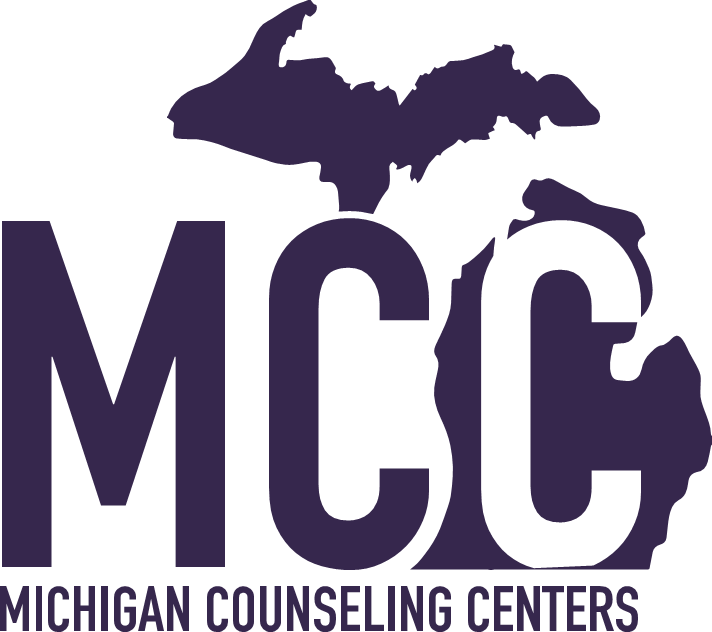Everyone feels sad, lonely, or depressed from time to time. As life comes at us, there are times where our situation leads directly to these feelings. Most people will experience situational depression after losing a partner, job, or loved one, and the emotions will pass naturally. However, when these feelings prolong, never lift, or cause long-lasting physical symptoms, we refer to this as “clinical depression,” or “major depression.”
If you feel that you or a loved one may be experiencing major depression, seek treatment with a mental health professional. Schedule an initial consultation as soon as you can. If depression remains untreated, it can worsen over years, and can prevent a normal, active life.
Signs and Symptoms of Depression
The symptoms of depression are overwhelming, and often feel like they cureless. Those with depression may not have all of the following symptoms, but may experience:
- Feelings of hopelessness: Depression may bring feelings of emptiness, worthlessness, helplessness, or pessimism.
- Sleep disturbance: May be experienced in the form of insomnia, sleeping too much, or early-morning wakefulness.
- Cognitive effects: Difficulty with memory, concentration, and thinking critically.
- Diet: Radically reduced or increased appetite, resulting in rapid weight gain or loss. Similarly, digestive problems may exist in those with depression.
- Physical pain: Back pain, headaches, or cramps.
- Suicidal thoughts: Frequent or recurring suicidal thoughts, attempts.
- Fatigue: Lack of energy, lack of motivation, and apathy.
If you or someone you know is experiencing the above depression symptoms, call a suicide hotline. If you are experiencing the above symptoms, we encourage you to schedule an initial consultation with our of our therapists in Taylor, Michigan. Your symptoms will be addressed professionally, discreetly, and while ensuring your complete comfort with the treatment process.
Treatment Options for Depression in Michigan
Depression can be treated with a range of approaches. Because symptoms vary from person to person, forms of treatment exist to closely match the problems faced by a person with major depression.
A basic treatment option for depression is exercise, although it is not the most effective treatment for many. Treatments for depression also include electroconvulsive therapy (ECT), and transcranial magnetic stimulation (TMS), both of which use electricity and coils to regulate functions of the brain.
While the above treatments are available, most people with depression find psychotherapy or medication to be effective solutions.
Antidepressants
The three chemicals related to depression are norepinephrine, serotonin, and dopamine. The goal of antidepressants is to regulate the functions of these chemicals.
Your primary care doctor may diagnose depression, and prescribe medication based on your medical history. It often takes experimentation to find the most effective medication, while incurring the fewest side effects. This means experimentation in the type of medication, dosage amount, and frequency of ingestion. If you have bipolar depression, your doctor may be unable to prescribe antidepressants.
Psychotherapy for Depression
Psychotherapy is the term for talking about a mental health condition with a mental health professional. Psychotherapy is talk therapy, and it can help to address relationship problems, harmful experiences, and to regain a sense of fulfillment in life.
Psychotherapy is found to be an effective method of easing the symptoms of depression listed above. Following psychotherapy, many depressive people find it easier to have positive interactions and withstand situational issues that would have previously been hard to bear.
Call 888-622-3345 to Schedule Your Same Day Consultation.
Helping Someone with Depression
Some people with major depression may go untreated. This may be because they are unaware that effective treatment options exist, or they are concerned with a stigma around seeking professional help.
A person with depression may not acknowledge their condition, making it difficult to address. To approach the topic, you may share the symptoms you’ve noticed in them and convey why you are concerned. You might suggest that they receive a physical from their doctor to see if there are any underlying health issues. If your loved one is open to receiving professional help, encourage them to consider the available treatment options, such as cognitive therapy.
Symptoms of depression may also present themselves in children or teens. You might notice sadness, feelings of worthlessness, poor performance, refusal to go to school, apathy, weight loss, or loss of interest in social interaction and activities. Contact us and through your initial consultation, we might determine whether the symptoms you have noticed are fit for treatment with psychotherapy.
Depression Treatment Center in Taylor, Michigan
Michigan Counseling Centers (MCC) is available by appointment to help you or someone you know with depression. Our highly-experienced and highly-educated therapists use a variety of approaches to provide the highest quality care for clients of all ages.
Schedule an initial consultation in order to learn more about the process of psychotherapy.
